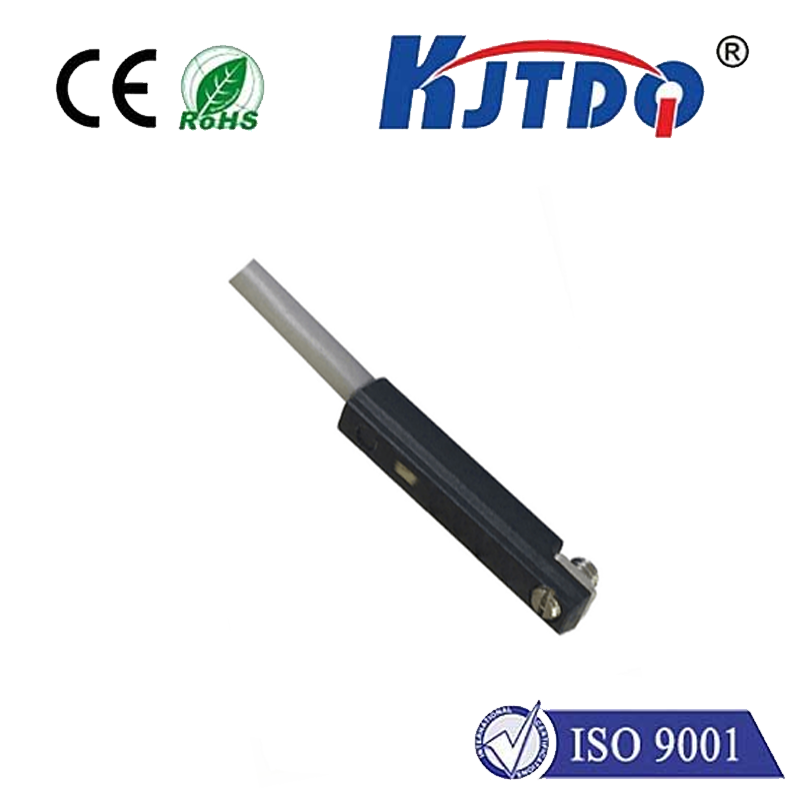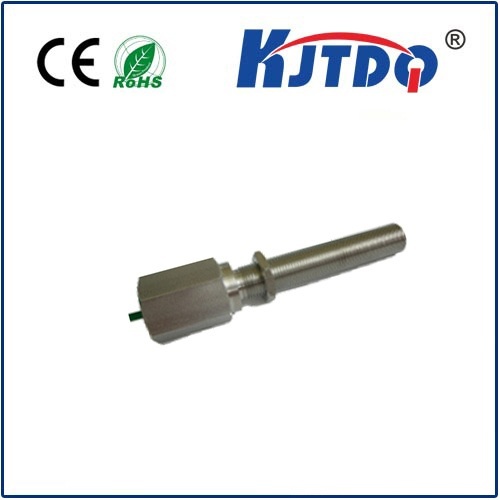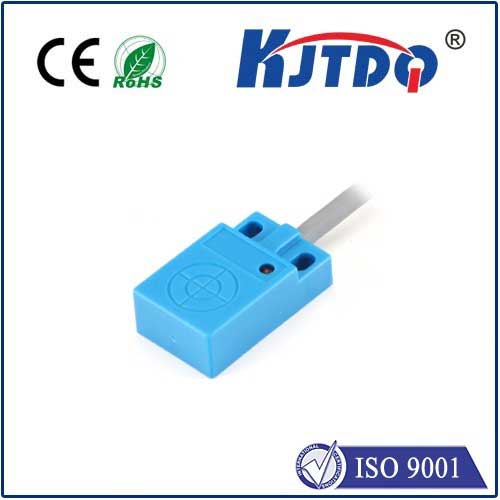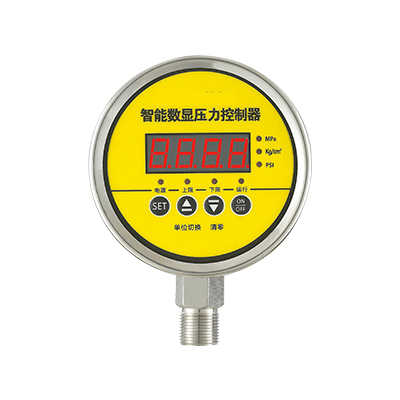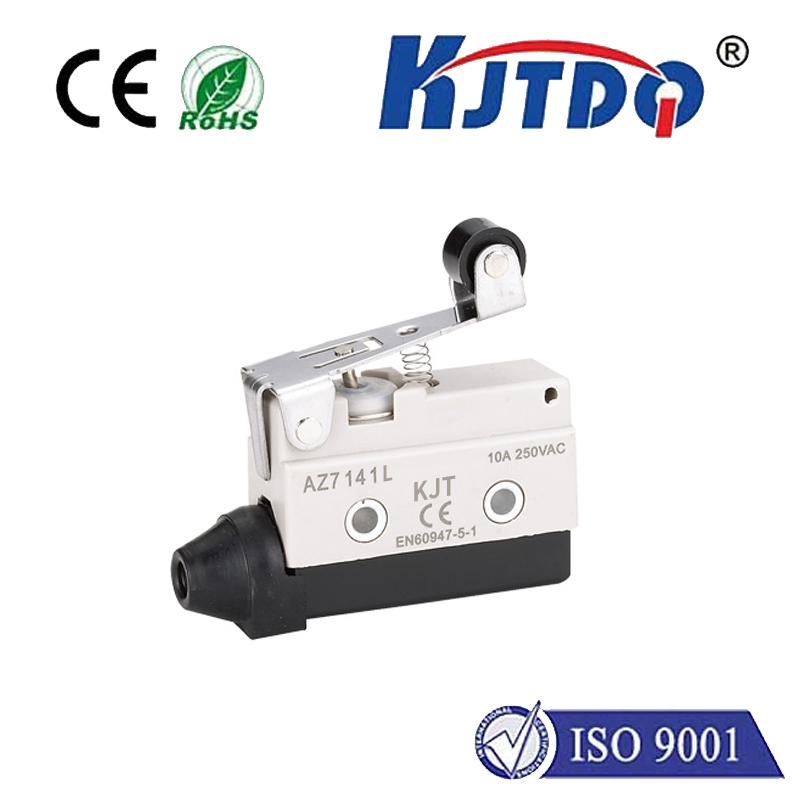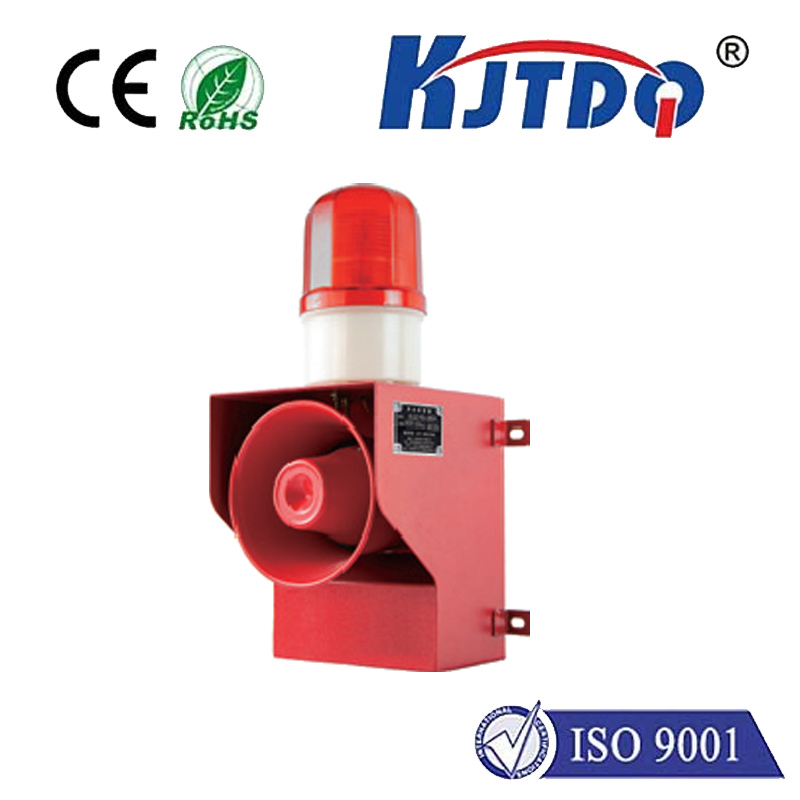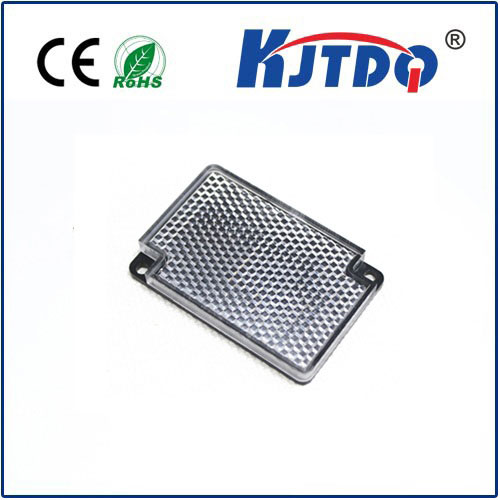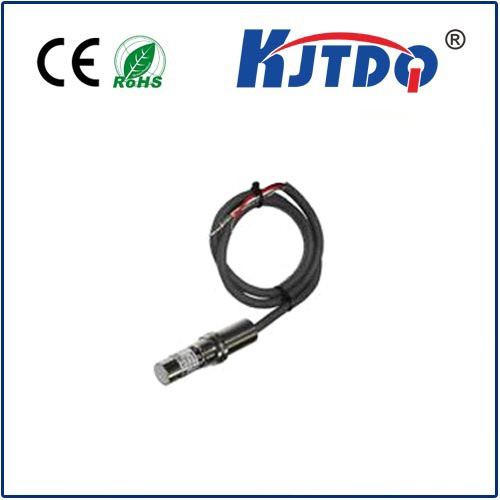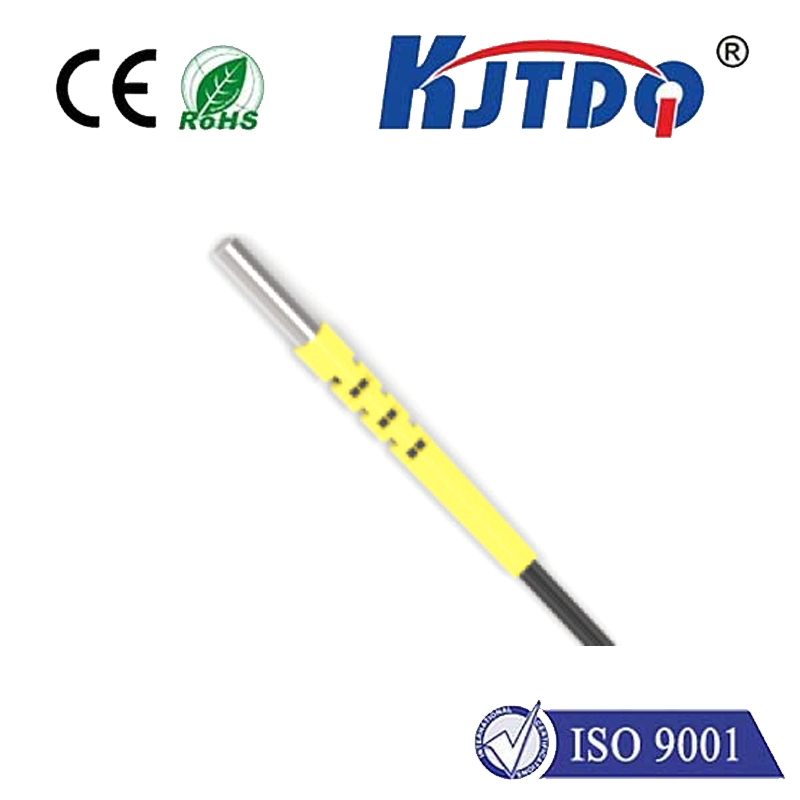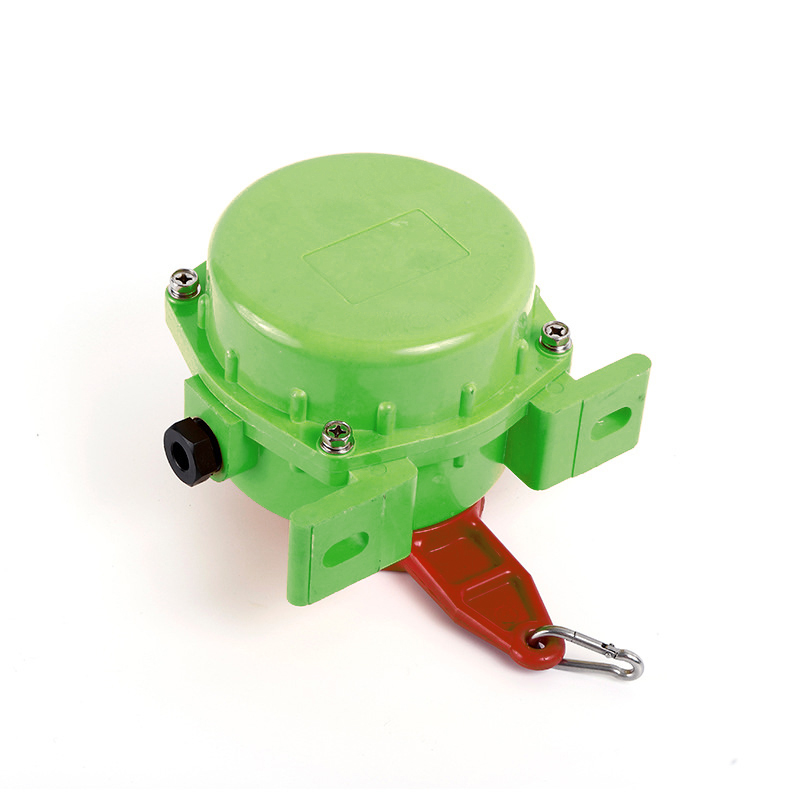
check

check

check

check
Title: Harnessing the Power of Laser Reflective Sensors
Laser reflective sensors are a revolutionary technology that has transformed the way we measure and detect objects in various industries. These sensors work on the principle of light reflection, where a laser beam is directed towards an object and the reflected light is detected by the sensor. The information gathered from this process is then used to determine the distance, position, size, and shape of the object. In this article, we will explore the applications and benefits of laser reflective sensors in different fields.
Firstly, let us delve into the workings of a laser reflective sensor. The sensor emits a laser beam that bounces off an object and returns to the sensor. The time taken for the laser beam to return provides crucial data about the object's distance from the sensor. This data can be further processed to determine other properties of the object, such as its velocity or surface texture. The accuracy and precision of these measurements make laser reflective sensors an ideal tool for various applications.

One such application is in the manufacturing industry, where laser reflective sensors are used for quality control and automation. They can detect defects in products during production, ensuring that only high-quality goods reach the market. Additionally, these sensors can be integrated into robotic systems to improve their efficiency and accuracy. For example, they can guide robots to pick and place objects with precision, reducing human error and increasing productivity.
In the automotive industry, laser reflective sensors play a vital role in advanced driver-assistance systems (ADAS). These systems use laser reflective sensors to monitor the vehicle's surroundings, providing real-time information about obstacles, pedestrians, and other vehicles. This information helps in implementing features like adaptive cruise control, forward collision warning, and automatic emergency braking, making roads safer for everyone.
Another exciting application of laser reflective sensors is in drone technology. Drones equipped with these sensors can navigate complex environments with ease, avoiding obstacles and maintaining stability even in challenging conditions. This makes them suitable for search and rescue operations, surveillance, and aerial photography tasks.
Moreover, laser reflective sensors have found their way into the field of medicine, specifically in surgical procedures. Surgeons can use these sensors to map out the patient's anatomy before surgery, ensuring precise cuts and minimal invasion. This not only reduces the risk of complications but also speeds up recovery times for patients.
In conclusion, laser reflective sensors have proved to be a game-changer across various industries due to their accuracy, reliability, and versatility. From enhancing safety in automobiles to improving efficiency in manufacturing and revolutionizing medical procedures, these sensors continue to unlock new possibilities and push the boundaries of innovation. As technology advances, we can expect even more groundbreaking applications of laser reflective sensors in the future.
